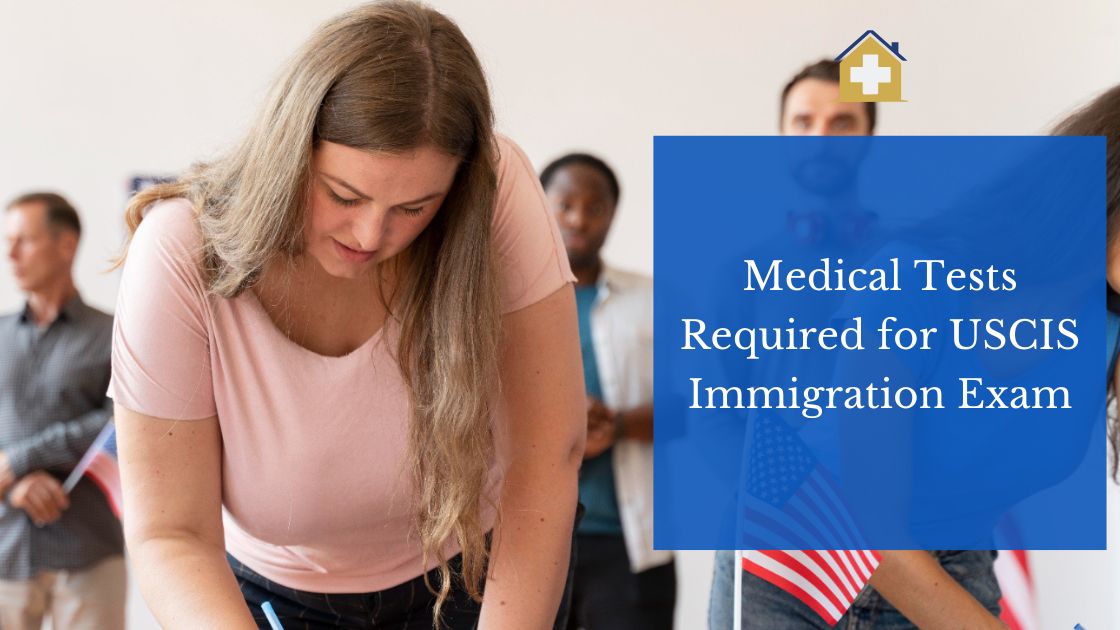

Effective Jan. 22, 2025, USCIS is waiving any and all requirements that applicants receive the COVID-19 vaccination.

The medical exams for immigration are crucial for securing your status in the U.S. It is an essential step in the immigration process, confirming that you meet the health standards established by USCIS while safeguarding public health. If you’re applying for a green card or a visa, understanding what these exams entail and what is required can significantly ease your journey toward approval.
Let’s take a closer look at what you need to know about the exam, who is required to take it, and how to prepare for a successful result.
The requirements for an immigration medical exam apply to specific groups of people, including:
Meeting the USCIS requirements ensures you are free from communicable diseases and other health concerns that could pose a public safety risk.
The medical exams for USCIS are performed by qualified professionals authorized by the U.S. Citizenship and Immigration Services. These professionals include civil surgeons for examinations carried out in the U.S. and panel physicians for those conducted overseas.
The exam process includes:
This detailed evaluation guarantees that you fulfill the requirements of the medical exams for immigration and are suitable for U.S. residency or visas.
These medical exams for USCIS involve comprehensive tests and evaluations, all aimed at ensuring public health and confirming your eligibility for immigration.
The civil surgeon will check your overall health by conducting a focused examination, which may include vital signs like blood pressure, heart rate, and respiration, and examine your eyes, ears, nose, throat, and other body systems for visible health concerns.
You must provide proof of CDC-recommended vaccines, such as MMR, tetanus, diphtheria, pertussis, and flu. If you lack documentation, the civil surgeon may administer the necessary vaccines.
A skin or blood test screens for TB. A chest X-ray may be required for further assessment if the results indicate infection.
Applicants are tested for syphilis through a blood test, with possible additional STI screenings based on guidelines.
Applicants may opt for blood tests (titers) to prove immunity to certain diseases instead of receiving additional vaccinations.
These exams ensure applicants meet USCIS health standards and contribute to public health safety.
If your examination reveals a health problem or an infectious disease, it’s crucial to address it quickly to prevent delays in your immigration process.
What happens next?
You can fulfill USCIS requirements and proceed with your application process by adhering to medical recommendations.
Preparation is essential for a smooth and efficient exam experience. Here’s a checklist to help you:
Thorough preparation can streamline the process and help you meet the immigration medical exam requirements without stress.
Preparing for a medical exam for USCIS doesn’t have to be overwhelming. With the right documents, preparation, and a focus on your health, you can breeze through this crucial step toward your U.S. residency. Stay confident, stay informed, and let your journey begin with a clean bill of health!
With over 20 years of experience as a U.S. Civil Surgeon, Dr. Steven Wittenberg Gordon ensures a smooth and efficient immigration medical exam process. Trust his skill and expertise to fulfill USCIS requirements and get you one step closer to your future in the U.S.
Book your appointment today and begin your process!